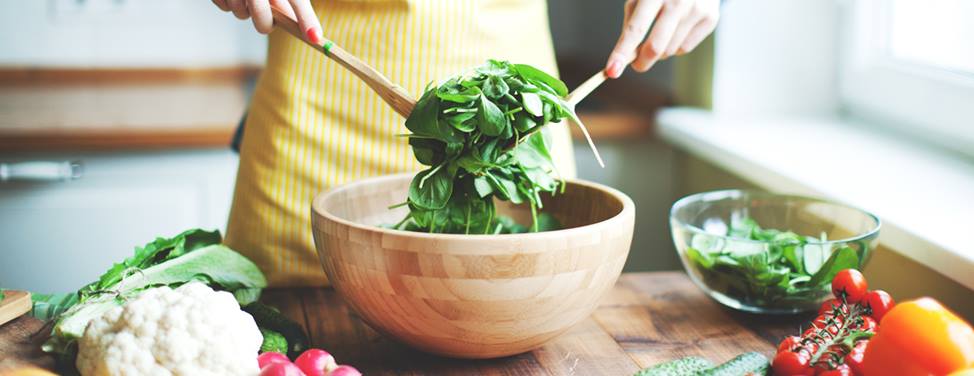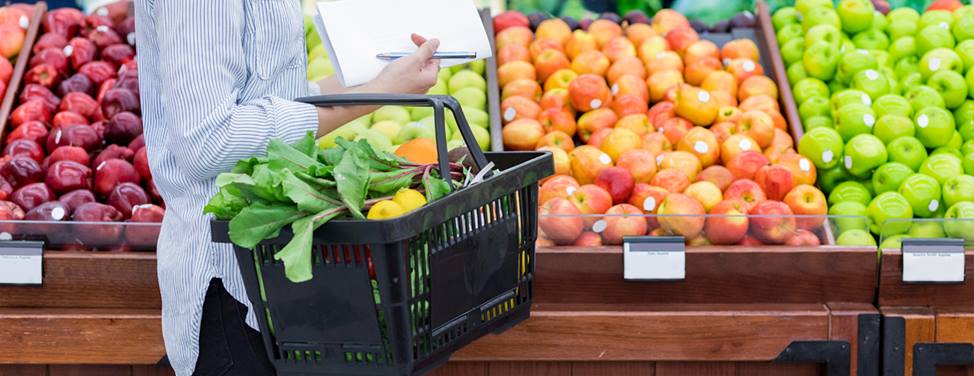
Holiday Tips for Heart Health
"Holidays can really take a toll on our stress levels and diets, even if we're healthy the rest of the year. The average person gains five pounds over the holidays, which is hard on the heart," says Dr. Anne Thorson, cardiologist and associate director of UCSF's Center for Prevention of Heart and Vascular Disease. "What's important to remember any time we're trying to improve our health is that even the smallest changes can have a big impact."
The UCSF Center for Prevention of Heart and Vascular Disease generated the following tips after years of seeing cardiology patients struggle to maintain healthy lifestyles during the holidays.
- If you have a packed holiday schedule, give the first gift to yourself: Splurge on a healthy treat like berries for breakfast and try to do one healthy thing every day.
- Exercise is a wonderful stress reliever and it helps us look better and feel good about ourselves. Instead of making exercise a New Year's resolution, fit in small bits throughout every day, using a walk or trip to the gym as an opportunity to catch up with friends or get some much-needed time to yourself.
Shoot for at least 30 minutes on most days. While shopping or returning holiday gifts, instead of cramming into the elevator, take the stairs. Or pass up that parking space closest to the store and walk a little farther. Every step helps. - Don't go overboard with alcohol. According to researchers from UC San Diego, binge drinking can result in heart palpitations, light-headedness and difficulty breathing, a condition they dubbed "holiday heart."
- Before a party, eat a high-protein snack such as nonfat yogurt and a piece of fruit. The protein will give you sustainable energy and make it easier to pass up party foods that are high in saturated fat (found in animal fat and processed foods) and salt, which can lead to high blood pressure and blood cholesterol. The fruit will fill you up and help give you the vitamins you need.
- Instead of accepting that first glass of wine or champagne, start with a glass of bubbly water, with a squeeze of lime. Many of us drink more alcohol (and calories) than we want because we start out thirsty and want something in our hand. Replace one of those drinks with water, and you've cut 100 or more calories from the evening.
- If you have the choice between olives or other snack food, go for the olives — they're good for your heart, take longer to eat and give you clear evidence (with the pits) of how many you've eaten.
- Can't resist chocolate? Don't. Instead, look for dark chocolate with intense flavors and savor a small piece. If that minor indulgence keeps you from eating that whole box of milk chocolates, it's done the trick.
- If you're feeling frenzied or emotionally run down, take care of yourself in ways other than overeating. Overeating triggers biological processes throughout the body that end up making us feel worse: Hormones go into overdrive to process the extra food, the pancreas overproduces insulin resulting in low blood sugar and tiredness, and the sleep cycle can get disrupted.
- If you feel your blood pressure rising, stop right then and take a few minutes for yourself. Get a massage or a hot tub at a spa if you can, but even a homemade facial mask or a $5 bottle of bubble bath can relieve stress.
- And finally, remember the spirit of the season. Whether we practice a religion or not, this is a time to pause, reflect on our priorities and spend time with people we love. These actions alone will help you not only survive the season, but create a lifetime of wellness.
Heart disease is the leading killer of both men and women in the United States, but most of its effects can be prevented or delayed through small ongoing lifestyle changes, says Thorson.
But during the holidays, it's also important to avoid adding further stress to the season by trying to deprive yourself of foods you and your family love, she adds.
"Despite all of the fad diets out there, the current thinking on weight loss and management is not to deprive yourself of the foods you like, but to have them less often or in smaller portions," Thorson says. "As long as your overall diet is moderate in fat and calories, you'll still be able to fit in the foods you love."
UCSF Health medical specialists have reviewed this information. It is for educational purposes only and is not intended to replace the advice of your doctor or other health care provider. We encourage you to discuss any questions or concerns you may have with your provider.

















